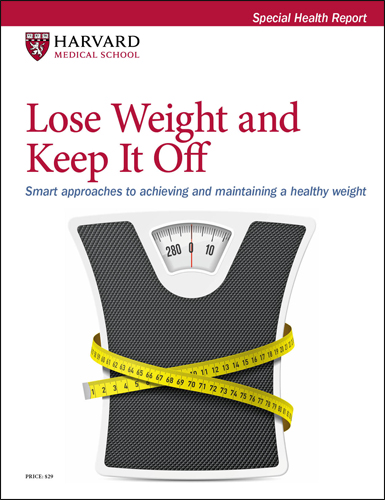Scheduled fasting may help with weight loss
Research we're watching

Intermittent fasting — the practice of going for set periods of time without eating — has gotten a lot of buzz as a strategy for losing weight and improving health. A group of researchers decided to review the evidence to see if it's as effective as many people claim.
The review authors looked at 11 analyses comprising 130 randomized clinical trials involving intermittent fasting. Their results were published online Dec. 17, 2021, by JAMA Network Open.
The authors found "moderate to high-quality" evidence that intermittent fasting did help overweight and obese adults lose weight and also seemed to improve some measures of risk for cardiovascular disease, such as lowering blood pressure, blood cholesterol, and blood sugar. While there are various intermittent fasting plans, two models seemed to produce the greatest benefit when it came to weight loss. One was modified alternate-day fasting, in which people eat normally on some days but limit intake to 600 calories on three to five days each week. The other was the 5:2 diet, in which people eat normally five days a week but limit intake to 600 calories on the other two. Overweight and obese adults who followed one of these plans were able to lose more than 5% of their body weight.
Over all, this review shows that intermittent fasting may help people lose weight and improve other health measures. But the researchers said more research is needed to fully understand what role periodic fasting plays in preventing cardiovascular problems or an early death.
Image: © TanyaJoy/Getty Images
About the Author

Kelly Bilodeau, Former Executive Editor, Harvard Women's Health Watch
Disclaimer:
As a service to our readers, Harvard Health Publishing provides access to our library of archived content. Please note the date of last review or update on all articles.
No content on this site, regardless of date, should ever be used as a substitute for direct medical advice from your doctor or other qualified clinician.
















